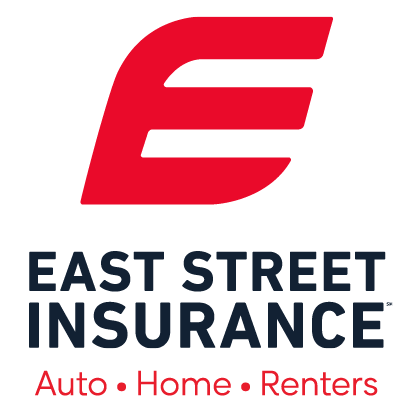
In the complex world of insurance, terminology can often feel like a foreign language. At East Street Insurance, we believe that understanding your coverage shouldn't require a specialized dictionary. That's why we've created this straightforward guide to help you navigate the most common insurance terms you'll encounter when exploring our policies.
The basics: policy terms you should know
- Premium: This is simply the amount you pay for your coverage. Think of it as the subscription fee for your protection plan.
- Deductible: Before your insurance company begins covering costs, you'll need to pay this predetermined amount. For example, if you have a $500 deductible on your auto policy and experience $2,000 in damage, you'll pay the first $500, and your insurance company then covers the remaining $1,500. Unlike health insurance, which traditionally has an annual deductible, auto and homeowners insurance deductibles are per occurrence or loss.
- Coverage limit: This represents the maximum amount your insurance company will pay for a covered loss. Our policies offer various limit options to match your specific needs and comfort level.
Property insurance terms
- Actual cash value vs. replacement cost: When you file an insurance claim, your property may be valued in one of these two ways. Actual cash value covers the depreciated value of your item, while replacement cost covers what it would take to replace the item new today. Our premium East Street home policies often feature replacement cost coverage for greater peace of mind.
- Endorsement: Sometimes called a "rider," this is an addition or modification to your standard insurance policy that provides extra coverage for specific items or scenarios not included in your base policy.
Auto insurance terms
- Liability coverage: This essential component of your auto policy covers bodily injury and property damage you cause to others in an accident where you're at fault.
- Comprehensive coverage: This insurance option covers damage to your vehicle that isn't caused by a collision. Think theft, vandalism, weather events or hitting an animal.
- Collision coverage: This covers damage to your vehicle resulting from a collision with another vehicle or object, regardless of fault.
Claims-specific terms
- Claim: Your formal request to your insurance company for payment based on the terms of your policy.
- Adjuster: This is an insurance professional that evaluates your claim and determines the coverage amount based on your policy terms.
- Subrogation: After your insurance company pays your claim, they may seek reimbursement from a third party responsible for your loss.
Talk to East Street Insurance to learn more
At East Street Insurance, we're committed to transparency and making insurance accessible. Our team is always ready to explain any terms you encounter while reviewing your coverage options. Remember, there's no such thing as a silly question when it comes to understanding the protection you're paying for.
Have more insurance terms you'd like explained? Contact us today at (833) 327-8787 or contact your agent. We're here to help you navigate the insurance landscape with confidence.
On the Road is for educational and informational purposes only. On the Road is compiled from various sources, which may or may not be affiliated with our family of companies, and may include the assistance of artificial intelligence. While we strive to provide accurate and reliable content, we make no warranties or guarantees about its completeness, accuracy, or reliability, and are not responsible for the content of any third-party sources or websites referenced herein. The inclusion of any content does not establish a business relationship or constitute our endorsement, approval, or recommendation of any third party. Testimonials and examples provided are for illustrative purposes only and do not guarantee future or similar results or outcomes, and may not consider individual circumstances, goals, needs, or objectives. On the Road does not provide legal, tax, or accounting advice. For individual guidance, please consult a qualified professional in the appropriate field.
Coverages subject to policy terms, conditions, and exclusions. Subject to underwriting review and approval.
.svg?sfvrsn=2cafb489_1)
